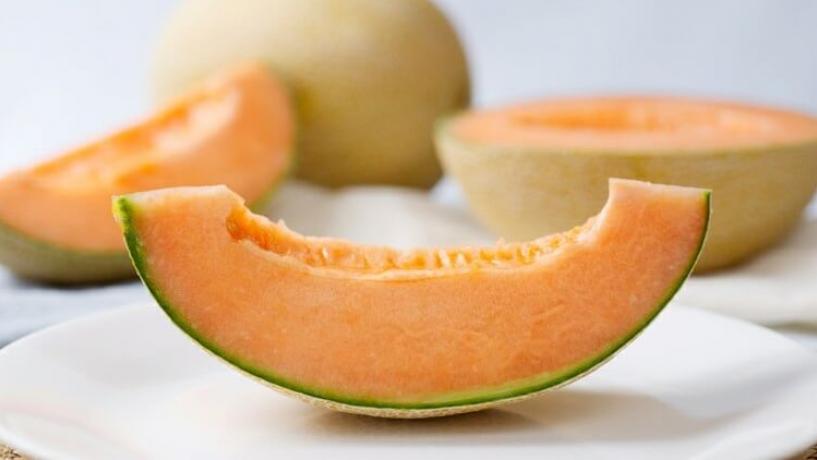
A listeria outbreak linked to rockmelons has caused two deaths in New South Wales and at least eight others to fall ill. So far six people in NSW, one person in Victoria and three people in Queensland have been affected.
The outbreak has led authorities to recall all rockmelons provided by a single supplier based in NSW where the contaminated fruit originated from. In all cases, it appears that the bacteria was on the skin of the rockmelon and transferred to the inside of the fruit when being chopped or prepared.
What is Listeria?
Listeria is a common cause of food-borne illness, especially in vulnerable people. Most people can eat Listeria bacteria without falling ill but those that do fall ill may experience symptoms such as fever, headache, tiredness, aches and pains. Less common symptoms are diarrhoea, nausea and abdominal cramps.
Listeria is particularly dangerous in the elderly, sick people, pregnant women and unborn children - in these groups, listeriosis (the sickness caused by listeria) can be life-threatening.
On average about 15 Australians die every year from listeriosis according to the Australia New Zealand Food Standards Authority.
To learn more about listeria, check out 'A Lesson In Listeria - Everything You Need to Know'.
What Should I Do If I Have Rockmelons at Home?
All rockmelons purchased before the recall on 28th February should be discarded or taken back to the store for a full refund.
Any rockmelons purchased since the recall alert was raised are safe to eat as retail outlets have been made aware of the issue and have been instructed to remove contaminated items from display.
However, be aware that the incubation period for listeriosis can be up to six weeks. If you've eaten rockmelon within that time period and start to experience any of the symptoms described above, be sure to contact a health professional immediately.




